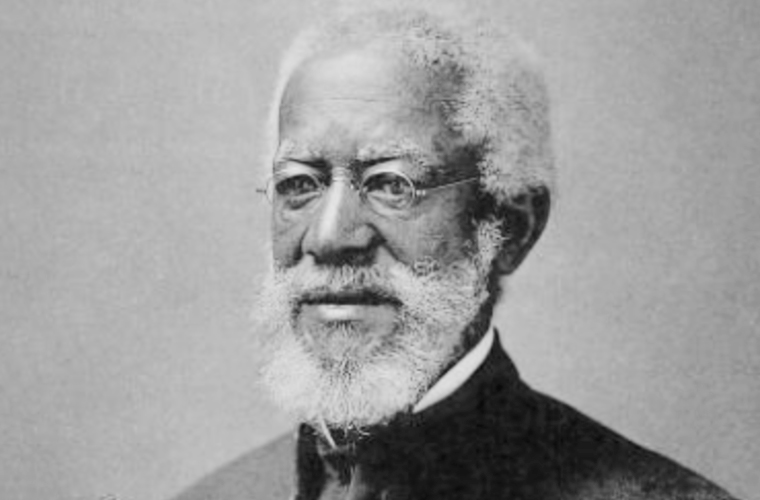Alexander Crummell was an American scholar and Episcopalian minister who dedicated his life to the upliftment of African Americans and Africans. He was the founder of the American Negro Academy, the first major learned society for African Americans, and a pioneer of pan-Africanism, a movement that seeks to unify and empower people of African descent worldwide.
Crummell was born in 1819 in New York City to a free black family. His father was a former slave who claimed to be the son of an African prince, and his mother was an active abolitionist. Crummell grew up in a home that was used to publish the first African-American newspaper, Freedom’s Journal, and was influenced by his parents’ values and beliefs.
Crummell attended the African Free School No. 2, where he met other future abolitionists such as James McCune Smith and Henry Highland Garnet. He also received private tutoring and graduated from the Canal Street High School. Crummell had a passion for learning and wanted to become an Episcopal priest, but he faced racial discrimination and violence in his pursuit of higher education.
He enrolled in the Noyes Academy in New Hampshire, an interracial school that combined manual labor and classical studies, but a mob of white supremacists attacked and destroyed the school. He then attended the Oneida Institute in New York, another abolitionist institution, where he decided to join the Episcopal Church. However, he was denied admission to the General Theological Seminary because of his race, and had to study theology privately.
Crummell was ordained as an Episcopalian minister in 1844, and became involved in the anti-slavery movement. He traveled to England in 1848 to raise funds for his church by lecturing about American slavery. He also enrolled in Queen’s College, Cambridge, where he became the first recorded black student and graduate. He earned his bachelor’s degree in 1853, and developed his ideas of pan-Africanism, which he later expressed in his writings such as The Future of Africa (1862) and The Relations and Duties of Free Colored Men in America to Africa (1861).
In 1853, Crummell moved to Liberia, a West African country founded by freed American slaves, as a missionary. He spent 20 years there as a parish rector, a professor at Liberia College, and a public figure. He became a citizen of Liberia and advocated for its nationalism and development. He also worked to convert and educate the native Africans, whom he considered as his brothers and sisters. He wanted to attract more American blacks to Africa on a civilizing mission.
Crummell returned to the United States in 1872, after facing opposition from some Liberian politicians and missionaries. He founded and served as pastor of St. Luke’s Episcopal Church in Washington, D.C., the first independent black Episcopal church in the city. He also became a spokesperson for black rights and recognition in the church, and led the Conference of Church Workers Among Colored People in 1883.
After retiring from the ministry in 1894, Crummell taught at Howard University for two years, and founded the American Negro Academy in 1897. The academy was the first major learned society for African Americans, and aimed to promote scholarship and leadership among young blacks. It also published scholarly works dealing with African American culture and history. Some of its notable members included W.E.B. Du Bois and Paul Laurence Dunbar.
Crummell died in 1898 at Point Pleasant, New Jersey. He was buried at Harmony Cemetery in Washington, D.C., where his tombstone reads: “Patriot – Scholar – Preacher”. He is remembered as one of the most influential black intellectuals of his time, who inspired generations of African Americans and Africans with his vision of pan-Africanism and black dignity.

